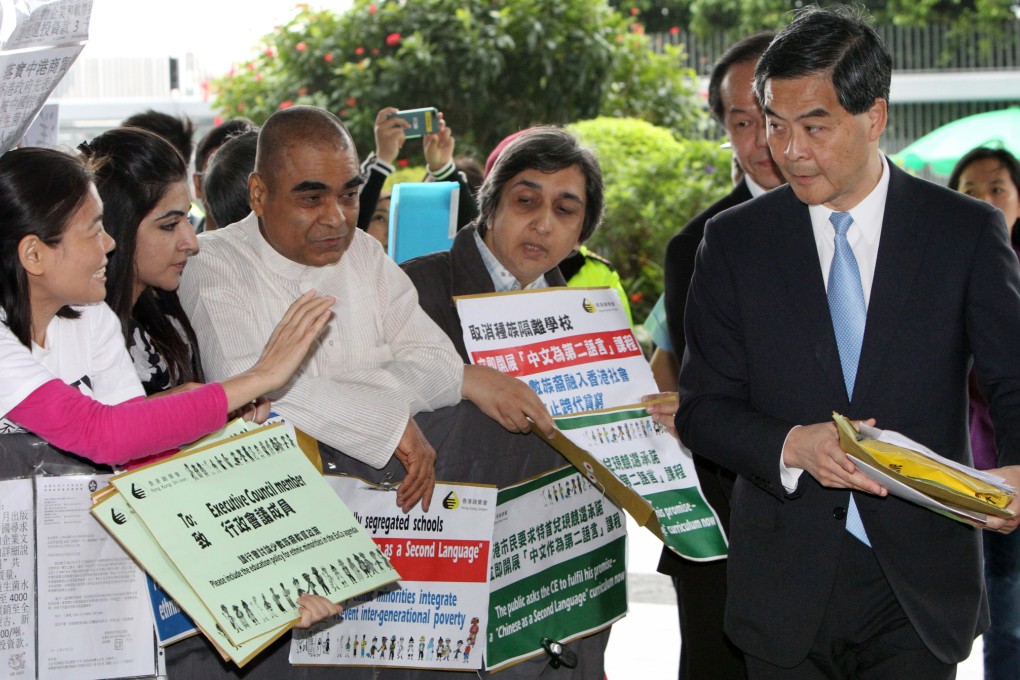Opinion | Government’s double standards on tackling racism in Hong Kong
Michael Chugani wonders why officials were slow to tackle racism against ethnic minorities but quick to condemn attacks on mainlanders

Last week, a local Chinese friend used a racist slur I have not heard in quite a while. He told me a friend of his had asked if he had seen that achah speak Cantonese on television. He was referring to a show I host with former legislator Chim Pui-chung on ATV's Chinese channel. Locals routinely used the word achah or cha tsai to describe Indians back when I was growing up in Hong Kong.
On a racist scale, I would say it's more offensive than pun mui, which refers to Filipino domestic helpers, and on a par with gar tsai, a racist taunt against the Japanese. The word "gweilo" has lost its racist intent over the years since locals now use it more as a descriptive rather than a derogatory word. It no longer offends those it targets. There is even a restaurant near me called Gweilo. But many Filipino maids and Indians still bristle when called pun mui and achah.
As I suspected, my friend told me the person who used the slur is middle-aged. I rarely hear today's young Hongkongers use it. The same goes for gar tsai, which is mostly used by older Hongkongers who have a historical dislike of the Japanese.
At a dinner party a few years ago, a senior civil servant, now retired, liberally used the word achah to describe Indians, despite my presence. The others at the table, including civil servants, took no notice. In their minds, it was an inoffensive word. When I asked if they would be offended if I used "chink" at the dinner table, they all fell silent. But, oddly enough, young Hongkongers sometimes do use pun mui, possibly because they grew up with the Filipino domestic helper phenomenon. Many were raised by helpers. Indonesian maids came later, which may explain why there is no equivalent slur for them.
Young Hongkongers gave rise to the slur wong chung, or "locusts" in English, to describe mainland visitors. By choosing this, the slur originators wanted to depict mainland visitors as invading swarms destroying Hong Kong's way of life. The slur has not worked its way into everyday use, as achah and pun mui did in the past.
Whether the originators intended it to be racist or a backlash against the ever-rising numbers of mainlanders here, I do not know.
